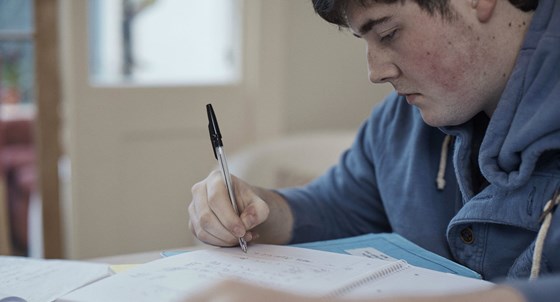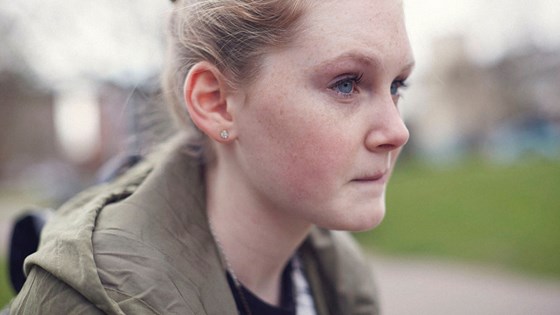Giving evidence in court (whether you're a victim, defendant or a witness) can seem scary. It's okay to feel worried about it - but there are things you can do to help prepare and feel more confidence about going to court.
Remember these 3 things in court:
- listen to each question carefully
- give an honest answer to every question
- if you don't understand a question, it's always okay to ask the person to repeat it.
It's also okay to keep saying, "I don't understand" - even if the question has been repeated. If you are asked lots of questions really quickly, it's also okay to say, "Can you ask one question at a time, please?" You could also ask the person to speak more slowly.
If someone asks you a question but you don't know the answer, that's okay. Just say that you don't know.
If you do know the answer, try to speak loudly and clearly. Sometimes you might be asked the same question over and over again. This doesn't mean you gave the wrong answer.
Remember to explain what happened to you, or what you saw happen to someone else, in your own words. If you make a mistake or forget something, don't worry - just tell the judge.












